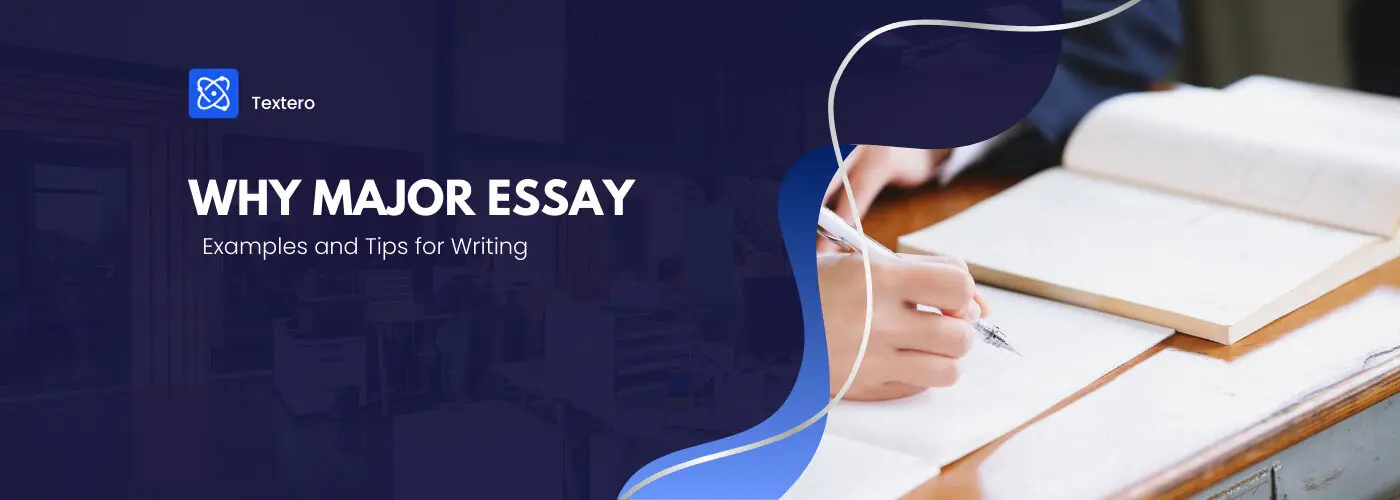There are several reasons why students need to know how to write a book title in an essay if they want to reach their academic goals. Even though non-trivial ideas and fresh perspectives matter a lot in academic writing, correct formatting is also a crucial part because formatting mistakes can undermine your credibility and distract readers from your message.
The next reason is that professors and academic journals often expect strict adherence to one particular style — APA, MLA, Chicago, etc. Inevitably, you will rely on numerous resources when working on your assignments and will have to mention them. Therefore, mastering these conventions can make a big difference in your grades and your overall degree of writing professionalism. Let us show you how to write book titles in essays and how to avoid common mistakes.
How to Format Book Titles in Essays Using APA Style
As you might already know, APA style has specific rules about how to write the title of a book in an essay in both the body of your text and the reference list. Here’s what you need to keep in mind.
In-text formatting rules
- You should always italicize the full title of a book when mentioning it in the body of your text.
- Use title case, which means you should capitalize all major words in the title. This includes nouns, verbs, adjectives, adverbs, and pronouns.
- Do not capitalize articles (a, an, the), conjunctions (and, but, or), or prepositions (in, on, of, etc.).
- Do not underline or use quotation marks around book titles.
Example:
In To Kill a Mockingbird, Harper Lee explores deep themes of justice and morality.
Book titles in the reference list
In the reference list at the end of your paper, APA style follows slightly different rules. You still italicize the book title but use sentence case instead of title case, meaning that you capitalize only the first word of the title, the first word after a colon, and proper nouns.
Example:
Lee, H. (1960). To kill a mockingbird. J.B. Lippincott & Co.
Citing Authors in APA Style Essays: What You Need to Know
Whether you’re referencing a single author or multiple contributors, it’s crucial to know how to address a book in an essay to ensure your sources are traceable.
In-text citations
When referring to a book or quoting an author in the body of your essay, this style requires you to include the author’s last name and the year of publication. You can choose one of the following formats:
- Narrative citation format:
According to Smith (2020), students benefit from structured reading habits.
- Parenthetical citation format:
Reading regularly improves comprehension among students (Smith, 2020).
How to format author names
One of the key points of how to format a book title in an essay is that you should always list the author’s last name followed by the first initial. Here’s a comprehensive table with examples of how to do so when the source you’re using has one, two, or more authors:
| One author | Two authors | Three or more authors |
| Smith, J. | (Smith, J., & Lee, R., 2018) | (Smith, J., et al., 2021) |
Reference list: Full citation details
In your reference list at the end of the essay, provide full publication details for each source cited. The format for a book with one author is:
Author’s Last Name, First Initial. (Year). Book title in sentence case and italics. Publisher.
Example:
Smith, J., & Lee, R. (2018). Strategies for student success. Academic Publishers.
MLA Format: How to Include Book Titles in Your Essay
Now, let’s explore the main requirements of MLA format and find the answer to the question of how to write a book title in an essay using it.
In-text formatting rules
To follow the guidelines, you need to italicize the titles of full-length books and use title case, which means capitalizing all major words — nouns, pronouns, verbs, adjectives, and adverbs:
In The Great Gatsby, Fitzgerald critiques the illusion of the American Dream.
Unlike in the case of shorter works (such as poems or short stories), you never place full-length book titles in quotation marks in MLA essays.
Works cited page: Essential elements
At the end of your paper, the Works Cited page should provide full bibliographic details for each source. When citing a book, MLA requires the following components in this order:
- Author’s full name (First name followed by last name)
- Title of the book in italics and title case
- Publisher
- Year of publication
Here are some specific examples for sources you cite with one, two, and more authors:
| One author | Two authors | Three or more authors |
| Fitzgerald, F. Scott. The Great Gatsby. Scribner, 2004. | Smith, John, and Rachel Lee. Modern Learning Strategies. Academic Press, 2019. | Nguyen, Tom, et al. Digital Education Trends. EduTech Publishing, 2022. |
Writing Book Titles in Chicago Style Papers
Chicago style offers two documentation systems: Notes and Bibliography (you can use it mostly in the humanities) and Author-Date (you need it in the sciences and social sciences). When it comes to the question of how to put a book title in an essay by following the instructions of this formatting style, you need to italicize it and use title case throughout your literary piece.
Example:
In A Brief History of Time, Hawking explores the origins of the universe.
Bibliographic formatting
In the bibliography (if you’re using Notes and Bibliography) or the reference list (for Author-Date), Chicago requires full bibliographic details:
- Author’s full name (last name first)
- Italicized book title in title case
- Place of publication
- Publisher
- Year of publication
| Notes and bibliography documentation | Author-date documentation |
| Hawking, Stephen. A Brief History of Time. New York: Bantam Books, 1988. | Hawking, Stephen. 1988. A Brief History of Time. New York: Bantam Books. |
How to Handle Different Title Types in Your Writing
Without a doubt, books won’t be the only type of source you use when working on your assignments. How do you write book titles in an essay, and what do you do when you want to cite articles, poems, essays, films, etc.? The formatting depends on both the type of work and the citation style you are using.
Shorter works vs. longer works
A simple guideline that applies across most major citation styles is:
| Italics for longer works: | Quotation marks for shorter works: |
| Books | Book chapters |
| Films | Articles |
| Plays | Short stories |
| Albums | Poems |
| Journals and newspapers (if you refer to the entire publication) | Essays within collections |
| Songs |
Even though these general rules come in handy in most cases, always double-check the style guide required by your assignment, as there can be some occasional exceptions.
Your Go-To Comparison Chart
How do you write the title of a book in an essay when you need to use different formatting styles for different disciplines? Naturally, you can’t keep all the information we mentioned in your mind while crafting your essays because it will make it harder for you to stay focused. Therefore, you can use this comparison chart to check if you are doing everything according to the requirements of a specific format:
| Feature | APA style | MLA style | Chicago style |
| Book titles in text | Italic + Title Case | Italic + Title Case | Italic + Title Case |
| Use of quotation marks | No (only italics for books) | No (quotation marks used for shorter works) | No (quotation marks for shorter works only) |
| Author name format in text | Last name only | Last name only | Last name only |
| Bibliography entry | Last name, First initial. (Year). Title… | Last name, First name. Title… | First name Last name. Title… |
| Book title in reference list | Italic + Sentence case | Italic + Title Case | Italic + Title Case |
| Date placement | In parentheses after the author’s name | At the end of the entry | At the end (or after the publisher, depending) |
Good Preparation Is Key to Success
Learning the ins and outs of APA, MLA, and Chicago style can feel overwhelming at first, especially when you’re juggling multiple assignments across subjects. But don’t worry, as we’ve prepared even more practical tips that will help you ensure you follow all the formatting guidelines correctly.
Use official style guides or reputable resources
Each citation style has its own official manual you can use to make sure you’re doing everything right:
- Publication Manual of the American Psychological Association (APA)
- MLA Handbook (MLA)
- The Chicago Manual of Style (Chicago)
Bookmark style-specific tools and generators
Benefit from the numerous online sources that help you generate citations in seconds. You can experiment with different tools to find the one that meets your expectations.
Review and proofread for style consistency
Before submitting your essay, double-check that all titles, citations, and references follow the correct formatting style. Look for:
- Consistent use of italics and title case
- Proper punctuation and spacing
- Matching in-text citations and bibliography entries
Also, you can consider using style-checking tools like Grammarly or citation-specific proofreading services.
Now You Know Everything You Need About Formatting Book Titles
Incorporating these recommendations into your writing process will help you develop strong writing skills and avoid getting low scores because of formatting mistakes. Use this guide whenever needed and reach your academic goals with ease!







 Built-in AI detector
Built-in AI detector 